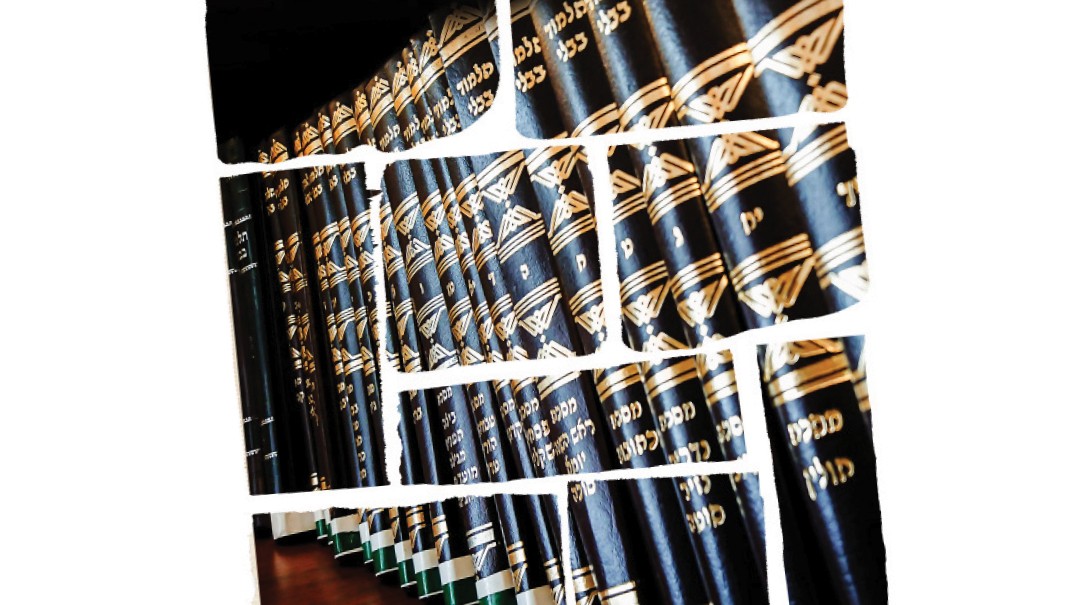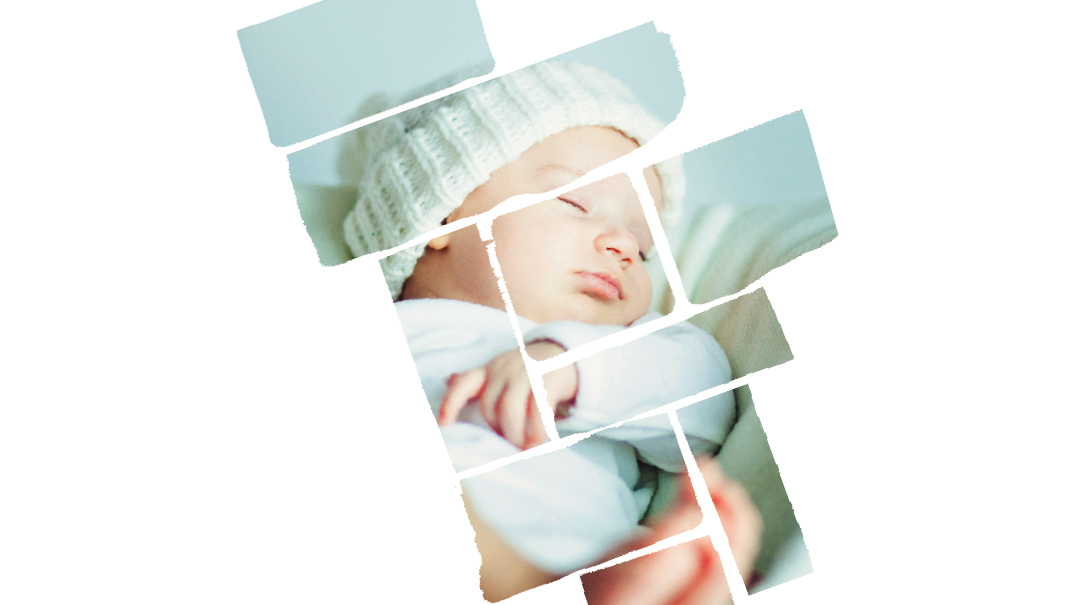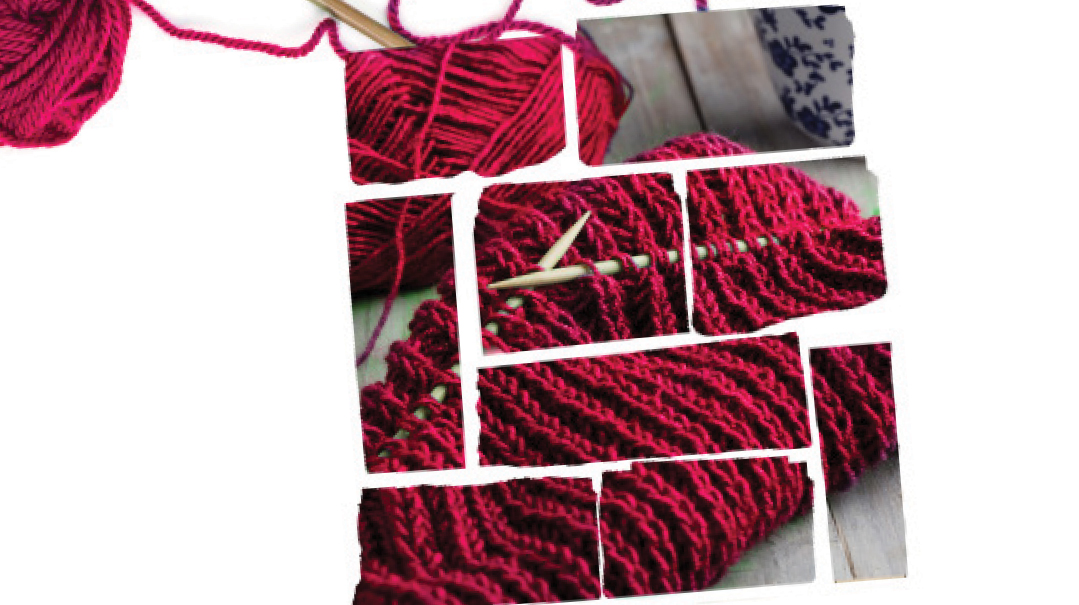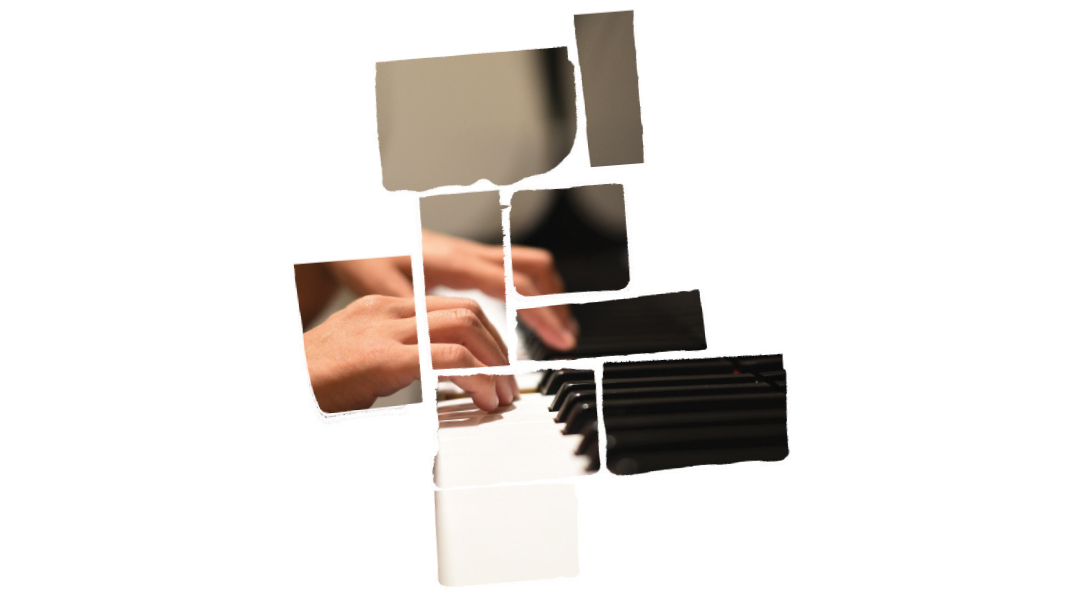Mission Accomplished

My companions — along with the bag I was counting on to keep us alive — vanished in the chaos
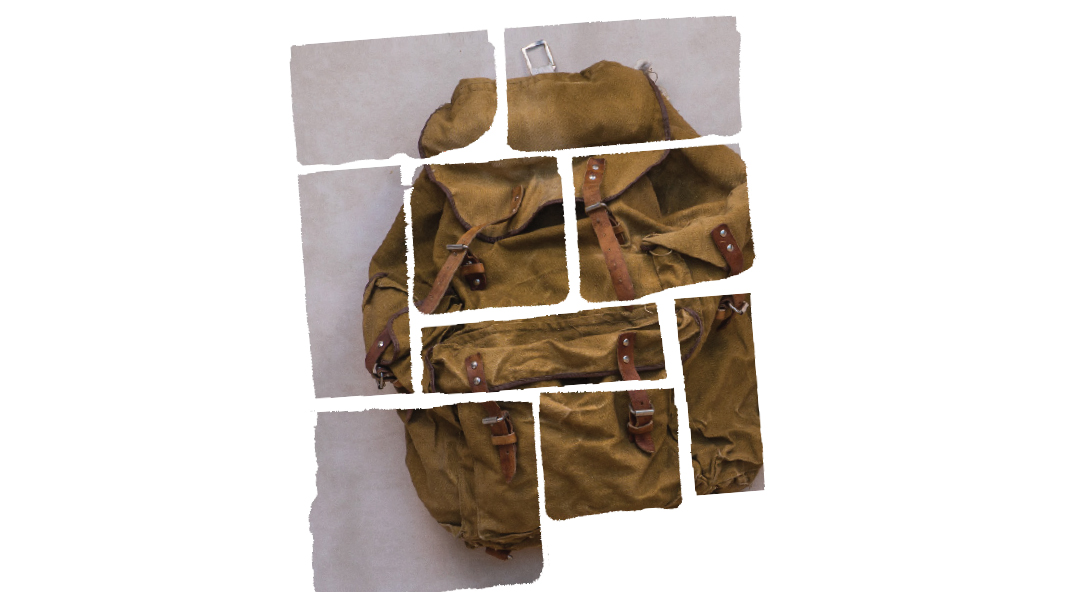
As told to Yael Schuster by her grandmother, Chana Reich
October 1939
Soviet-Occupied Lemberg (Lwów)
The homes on the outskirts of the city come into view. There is stunning relief — against unwinnable odds, I made I made it — and even greater fear. What will I find?
I put one calloused, blistered foot in front of the other as I make my way toward the tiny flat Shimon and I have been renting. The soles of my shoes are so worn down that every pebble is a dagger, and the fabric of my dress crunches with stiffness from river residue. My hands are empty.
Shimon must be crazy with worry about me. Two weeks ago, I traveled back to German-occupied Poland to check on his elderly mother who had been too frail to run east with us. And I was sick with worry about him, risking his life each day by bartering what little we have to buy food, a “capitalist crime” punishable by slave labor in the gulag.
I climb the stairs to our apartment and let myself in. It’s empty. I pull a chair up to the window. Of course Shimon isn’t home; it’s still early, I tell myself. Hours pass, the sky darkens, and still I wait, pushing down the panic. Suddenly there he is, my tall, loyal husband of almost two years, striding down the street, eager, no doubt, to see if I was back.
“I want to hear everything, Chana,” he says after our tearful reunion. “But first, let’s celebrate.” He opens his satchel and removes a small loaf of bread and two eggs: another day’s sustenance. I don’t ask what he gave up to obtain it. Our stash is dwindling fast, and he doesn’t yet know that the valuables I was meant to bring back met with some resistance along the way.
After we eat, I share the details of the most harrowing two weeks of my life. How I traveled the 104 miles back to Rzesow — mostly by foot, hitching rides in farmers’ wagons when I was lucky. At night, I lay on the side of the road. Once over the border, I moved with stealth to avoid German patrols.
“And then I got to Mama’s house! She’s fine, Shimon, your sister is taking good care of her, you don’t need to worry,” I tell him. This is the easy part of the story.
I describe gathering whatever valuables I can carry — zlotys, dollars, gold, and diamonds — and stuffing it all into a backpack, along with some food and as much sugar as would fit. A woman in Lemberg had taught me how to make candies from sugar, and I sold the candies to help keep us alive. A quick, tearful goodbye, and it was time to go.
Whereas seven weeks ago we were practically carried along by the swell of refugees trying to outrun the advancing Germans, this time the roads were relatively quiet. I found myself heading east alongside two young Jewish men. One, a tall, sweet fellow named Shloima, offered to take a turn carrying my heavy load. Sensing I could trust him, I handed it over, glad for the relief.
And then reliving the terror, I tell Shimon how in the shadowy dusk we walked right into a German roadblock. With no papers and the air of refugees about us, we were an easy night’s prey for a few bored soldiers. I was thrown into a military vehicle, then dragged through the dreaded doors of gestapo headquarters. My companions — along with the bag I was counting on to keep us alive — vanished in the chaos.
What happened next is unexplainable. I was brought into an interrogation room and asked by an officer who I was. Steeling my voice, I told him I was Helga Schmidt, from a family of Volkesdeutsche (ethnic Germans who emigrated) living in Poland these past hundred years. An inquisition followed, as the officer spent hours quizzing me on the elaborate family tree I was forced to instantly create. He tried to entrap me at every turn, yet Hashem kept feeding me the correct names of phantom aunts, uncles, cousins. I didn’t make a single error, all while maintaining a perfect German.
I spent the night in a cell listening to the most ghastly shrieks imaginable. The next morning, I was brought back to the interrogation room, and on my way, I glimpsed Shloima, my traveling companion, in another cell. My heart went out to him — a Jewish male couldn’t conceal his identity; he was probably done for. Another round of cross-examination on my family tree, and suddenly, miraculously, I was free.
I continued eastward, with nothing but my body and my wits. As I approached the San River, I knew I needed another miracle. The river is the border between German and Russian-occupied Poland, and is heavily patrolled on both sides. I’d have to swim 40 meters in the crosshairs of two of the world’s most formidable armies; there was no other way. I sent up a prayer and slithered into the frigid water. Within a minute, shots rang out from both sides, a volley of bullets whizzing over my head as I tried to stay under water. Somehow, I emerged on the other side.
I walked and hitched the rest of the way, grateful for the miracles that kept me alive, but despondent over returning to my husband empty-handed.
When I finish my tale Shimon looks at me in disbelief. Can it be that just two months ago we were a young couple nestled in the comforts of wealth and a loving family? That less than a year ago we asked the Dzikover Rebbe for a brachah for a child? It’s now so clear that his refusal to grant that brachah was a prescient vision saving our lives. But we still must find a way to survive without the valuables we were relying on.
February 1940
It’s a ferocious winter. This city is overrun with refugees, including100,000 Polish Jews. Everyone is hungry, jobless, penniless, freezing. Even for those with a bit of money, food and basic necessities are scarce while lines are endless. Yet so far, we’ve woken up alive each day, and we try to stay hopeful.
I’ve been shivering on a bread line for over an hour. A tall man walks in my direction and something about his gait tickles my brain. As he passes, we both freeze.
The fellow is emaciated and wearing rags. He’s missing an ear and a fistful of teeth. I remember the shrieks in that place of horrors.
“Shloima?” I quiver. I’ve thought about him many times over the past months, certain he was dead.
His face lights up when he recognizes me. “I have your knapsack! Don’t leave, I’ll go get it.” He takes off in a flash.
I’m in shock. Diamonds, gold, money… a real chance of survival.
He returns a short while later and hands it over with a slight bow. I look inside. Not a single thing is missing.
“I don’t understand,” I say in disbelief. “You had every reason to believe I was a slave or dead. You’d certainly never see me again. You’re starving and have no warm clothing to fight the cold. It’s your right — obligation, even! — to use your windfall to stay alive. Why did you not?”
He smiles. “When we were arrested at the checkpoint and I was holding your knapsack, I made a promise to never open it. I vowed to do everything possible to protect it for you, hoping we’d one day meet again. And we did.”
He inclines his head and is gone, leaving me with a brimming knapsack and grateful awe.
(Originally featured in Family First, Issue 688)
Oops! We could not locate your form.







